On February 15th, 2017, Thailand’s military government invoked Article 44 against the Dhammakaya Temple, in an effort to search for Most Ven. Dhammajayo and examine all the structures within the temple compound.
Article 44, a clause in the Interim Thai Constitution, known as the “dictator’s law,” grants the military government unlimited powers to enforce any actions they deem necessary without restrictions and repercussions.
The junta has deployed thousands of police and military officers, under Article 44, to besiege the Dhammakaya Temple, blocking entrances, preventing Buddhist monks, novices and lay Buddhist supporters from coming in and out of the temple.
A large number of Thais have lost their right to religious freedom. Monks are prevented from performing their role in teaching and spreading the Buddha’s teachings. Lay Buddhists are not allowed to visit the temple.
How did the junta use Article 44 against the temple?
In the junta’s search for the honorary abbot, Venerable Dhammajayo, the temple gave full cooperation during a three-day search throughout the temple’s compound. Officials inspected every single room of every building in the temple, some as many as 3-4 times. Each time, they found neither the honorary abbot Ven. Dhammajayo nor anything illegal. This has been confirmed in writing and signed by more than ten government officials and monks. Yet, after the search was completed, the government refused to stop.
Instead, thousands of police and military officers were deployed to siege the temple. On top of that, on February 19th, it ordered all monks, novices and lay devotees to leave the temple before 3 p.m. The monks and novices live there. The temple is their home. The lay devotees refused to leave because they are afraid what will be done to the temple, monks and novices when others are not around.
How else has the temple been affected?
Security cameras at numerous gates have been vandalized and destroyed by the officers.
98,000 liters of oil, used to fuel the temple’s many vehicles and worth 1.5 million baht (or US$ 43,052), were taken out from storage tanks without the temple’s permission. These tankers also concealed their license plates and company name. DSI officials claimed that the oil siege was evidence for the criminal case proceeding.
The officers stepped on the Dhammakaya Cetiya, a stupa where one million Buddha images are enshrined, and which contain relics of the Enlightened, respected by Buddhists worldwide. The area of the stupa they stepped on is reserved for monks. Even lay supporters who donated for the construction have never stepped on the stupa.
A total of 569 monks, novices and lay staff were unable to leave the temple to take their Pali-language examination after studying for it for one full year. No drivers of hired transport dare to take them to the examination venue and back, fearing they too will be affected by Article 44.
One lay Buddhist was injured while confronting the officers as she tried to get into the temple. Six of her ribs and one clavicle were broken and there was bleeding in one ear. The first hospital she was sent to refused to admit her, afraid it would be affected by Article 44.
On February 24th, the temple discovered that police and military officers moved two 12-meter-long iron containers to block one of the temple entrances. Despite evidence, the government denies their involvement. All other entries are also being guarded and blocked from entry by officers.
Soldiers have ordered temple staff to vacate their residence in the 150 rai area, but the temple refused, so the temple staff moved to the meditation room, an area previously blocked off.
At the moment there are about 10,000 Buddhist monks, novices and lay supporters inside the Dhammakaya Temple. The amount of food needed is immense. Yet officials only permit a small amount to enter after searching through it:
To illustrate, one truckload of fresh vegetables and one truckload of pork were left to rot because the officers refused to let vehicles deliver food inside the temple.
Public donations of 3 tons of pork and 2,000 eggs were taken away by the officers.
And on February 28th, officers only delivered 300 lunch boxes of food for the entire monastic community, none for devotees. Not only is that amount of food insufficient, all the 300 boxes of food delivered were inedible. All had gone bad.
Even in times of war, delivery of food to civilians is still permitted. Access to food is a basic human right. Even during the Syrian civil war, for example, delivery of food was allowed.
Who has lost their lives?
One man committed suicide. Although he was not a follower of the Dhammakaya Temple, he was a Buddhist who strongly disagreed with the government’s use of force and was upset by the implementation of Article 44 against the temple and the way monks were treated.
One woman died after suffering an asthma attack. She had contacted a nurse located a mere 10 minutes away who could bring an inhaler to her, but blockage of mobile signals, numerous security checkpoints, and a protocol that required DSI official permission to pass through security checkpoints, led to her untimely death.
We call on the international community to submit a plea to the Thai government to please have compassion for its people, and to give them space to practice peaceful in their homeland. Please immediately withdraw the over 4,000 police and military officers from the temple’s compound, and revoke Article 44.
On February 25, 2017 Wat Phra Dhammakaya devotees unfurl a banner expressing a plea for help to the world: We need food.

